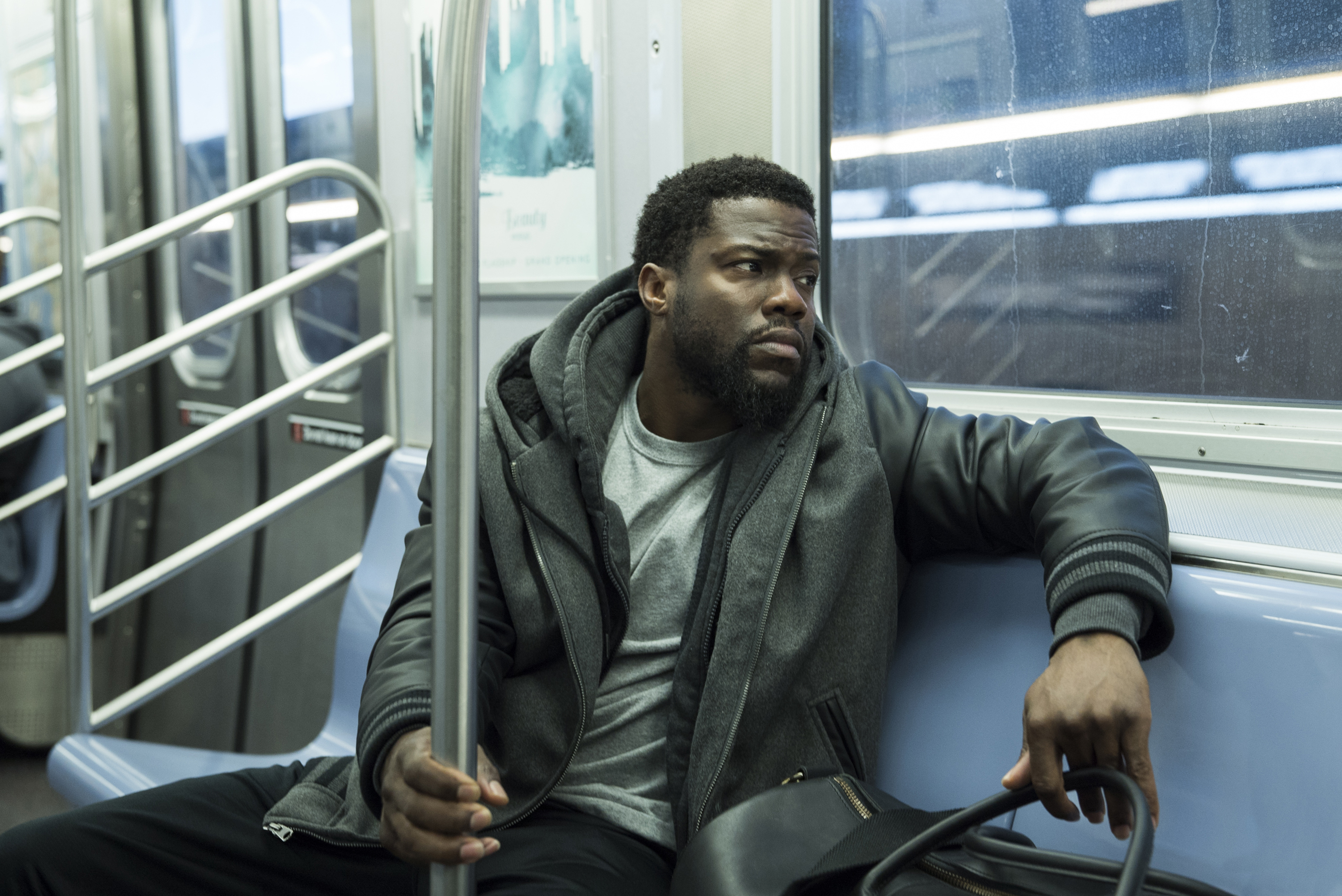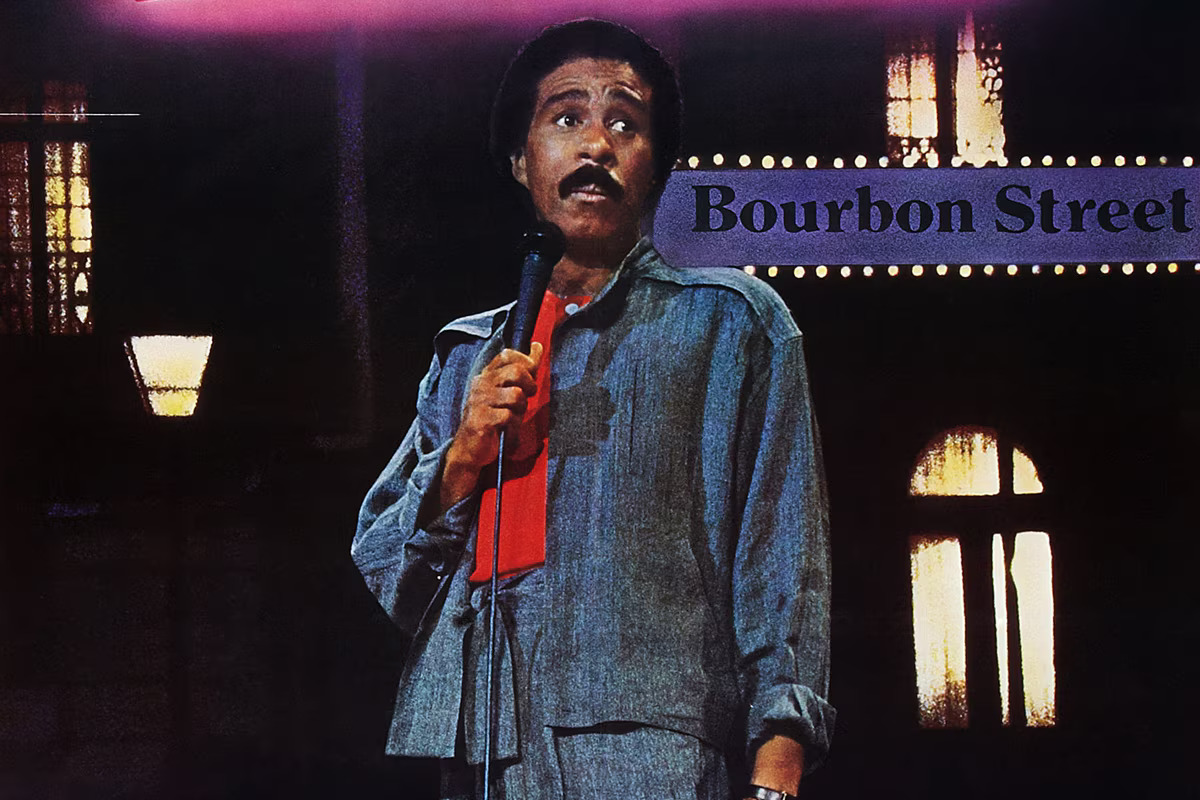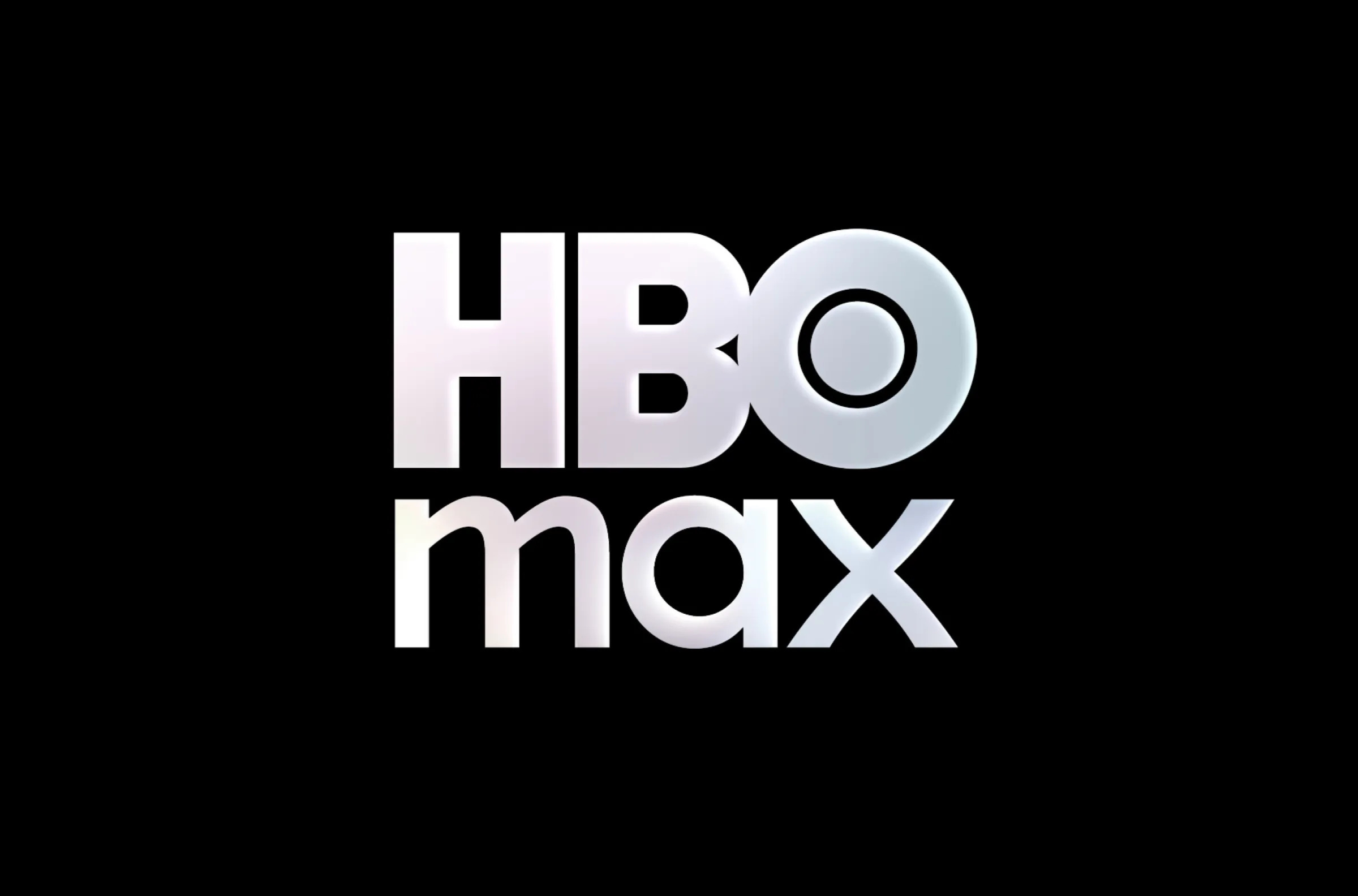
The controversy surrounding comedian Kevin Hart and the Oscars continue to grow following the comedian’s appearance on The Ellen DeGeneres Show.
There have been no shortage of opinions being offered, be it Tre’vell Anderson, Ira Madison III, Don Lemon, David Mack, Harry Cook, and many more. I echo many of their thoughts but especially this one: Ellen DeGeneres does not speak for the entire LGBTQ population.
The original backlash started when people found some of Hart’s previous tweets and they were homophobic in nature. Rather than initially apologize, Hart issued a non-apology on an Instagram post. Nowhere in the original Instagram post did Hart apologize for the comments. Instead, he asked that people stop searching for reasons to be angry. A simple apology might have sufficed but instead he chose the non-apology route. As such, the controversy grew and he stepped down as host the next day. He apologized to the LGBTQ community for his words in a tweet upon doing so.
Moreover, during the appearance on Ellen, Hart appeared to apologize once again. This time, the comedian phrases it in such a way that make us question the sincerity of said apology. “I’m sorry if these words hurt,” Hart says. I’m sorry but Hart knows these words hurt so “if” should not even appear in the sentence.
In fact, Kevin Hart says that he apologized years ago for his homophobic tweets. Where are they? Vulture did a thorough investigation. The only thing I can see from reading the interview excerpts are that Hart wouldn’t tell these jokes today because of the sensitivity. Nowhere does he apologize for telling those jokes in the first place.
While I decided against seeing 2015 comedy Get Hard, the film isn’t without controversy. Both Will Ferrell and Kevin Hart starred in the Etan Coen-directed film. The premise is that Ferrell’s millionaire James Kings turns to Hart’s Darnell Lewis for prior to going behind bars for fraud at San Quentin. One of the bits in the film happens to be homophobic in nature. When asked by Louis Virtel about this, Hart’s response is as follows:
I said to myself, This is funny. And at the end of the day, funny is funny, regardless of what area it’s coming from. So, you know, when doing it, I felt that the scene called for the actions and reactions that we gave. And for the individuals that we’re portraying, the characters that we’re playing, it’s what fit them for those moments. So once again, I just look for the laugh, man, and the best way to get there.
The backlash now doesn’t so much come from the fact that Ellen wants Hart to host but that she claims to represent the entire LGBTQ community. Honestly, this only makes things worse. When you refer to those of us in the LGBTQ community as “trolls” (Hart) or “haters” (DeGeneres), you’re saying that our voice does not matter. The same goes for the likes of Star Trek star William Shatner when he refers to critics as bullies. I’m sorry but we in the LGBTQ community are neither trolls nor haters. When someone tells homophobic or transphobic jokes, we have every right to be critical and call them out for what it is. I frequently call out transphobic jokes on Twitter and in doing so, I deal with all sorts of transphobic harassment on social media.
In any event, Hart responded on Instagram with a post that talks of growth with an emphasis on learning. There are seven instances where “learn” or “learns” are capitalized. Does this mean that the comedian has fully learned why his tweets and initial response to the backlash were in the wrong?
There’s no room for homophobia or transphobia in comedy in 2019. Comedians need to own it when they realize they are in the wrong. Do not refer to critics as haters, bullies, or trolls–just apologize.





